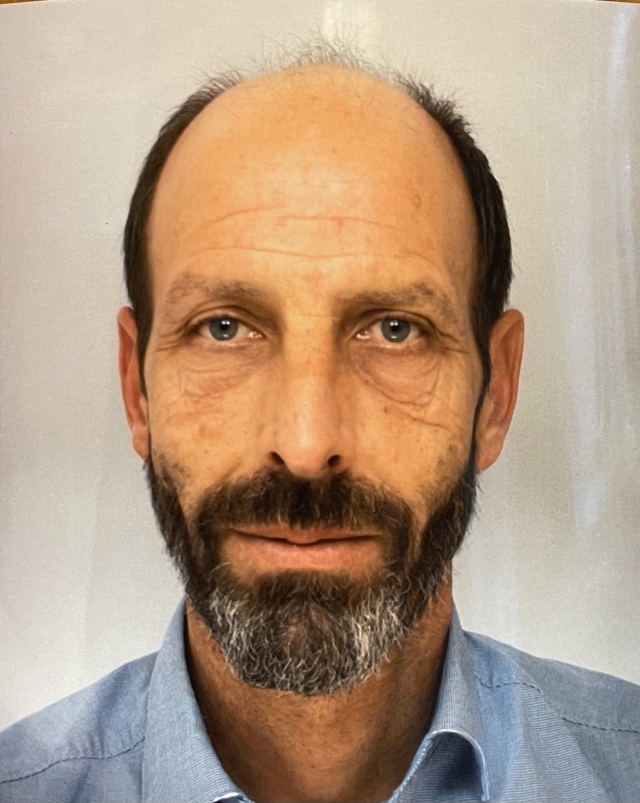Prof. Dr. András Koris - MATE Research
Overview
Dr. András Koris ' current research fields are the process development of membrane emulsification, micro-encapsulation and bioactive peptide production from plant and mammalian sourced proteins, as well the product development of healthy-oil loaded microcapsules and vegetable or dairy based foods with reduced protein allergenicity.
Research keywords:
Publications
Microencapsulation
Microencapsulation of extra virgin olive oil by sequential emulsification and freeze drying processes: Effect of wall materials composition and emulsification method
Microencapsulation of Olive Oil: A Comprehensive Review
Biotransformation
Hydrolysis of Soybean Milk Protein by Papain: Antioxidant, Anti-Angiotensin, Antigenic and Digestibility Perspectives
Detecting the Bitterness of Milk-Protein-Derived Peptides Using an Electronic Tongue
Membrane Separation
Experimental Study and Modeling of Beer Dealcoholization via Reverse Osmosis
Production of liquid milk protein concentrate with antioxidant capacity, angiotensin converting enzyme inhibitory activity, antibacterial activity, and hypoallergenic property by membrane filtration and enzymatic modification of proteins
Projects
Development of Bovine Milk with reduced allergenity
Cow’s milk protein allergy (CMPA) affects from 2 to 6 % of children, with the highest prevalence during the first year of age. The allergenic or antigenic nature of a protein is influenced by its primary structure (amino acid sequence and attached carbohydrates) and its molecular conformation. Consequently, modifying either the primary structure or the protein’s conformation can lead to a reduction in allergenicity or antigenicity. Enzymatic hydrolysis is viewed as the optimal approach to diminish the allergenic reactivity of CMPs. The manipulation of milk protein hydrolysis can be regulated through the choice of specific enzymes, operating conditions, and parameters.
Recovery by membrane filtration and reuse of drainage
Drainage waters are an overlooked and cheap sourse for dissolved ions, among them phophorus and nitrogen which are essential for cultivation. Within the frames of the project ecomonical technology is developed in order to separate natural sludges from their water content, pretreat the drainage and it's advanced concentration by two-step membrane filtration which enables the reduction of some monovalent salt ion in paralel.





